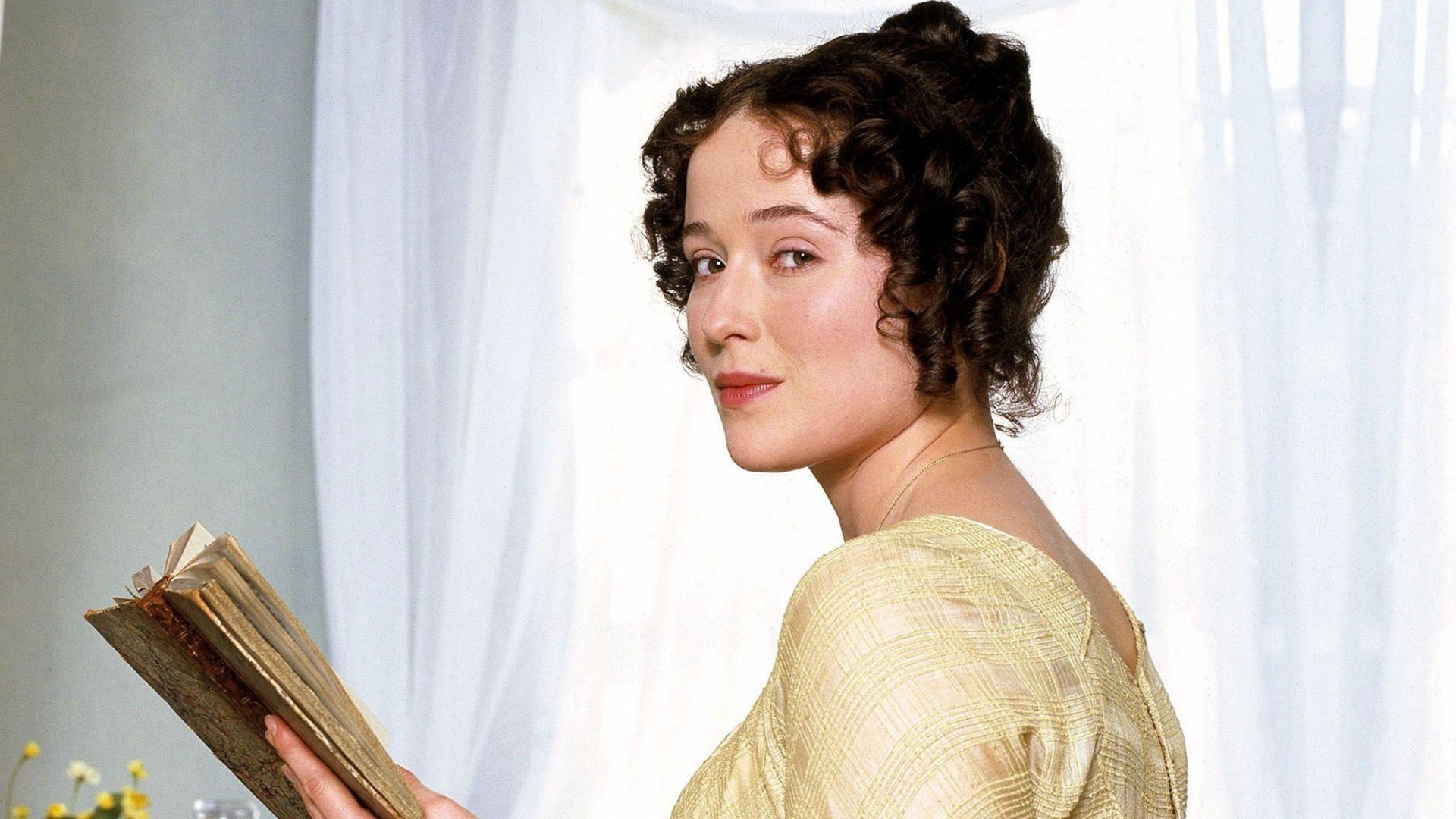Monday
I write today on two books mentioned by Chelsea Clinton when she introduced her mother at the Democratic National Convention last Thursday—Madeleine L’Engle’s Wrinkle in Time and Jane Austen’s Pride and Prejudice (or at any rate the A&E mini-series). I’m thinking that both books had to have spoken to Clinton family concerns about female ambition.
An Atlantic article by Spencer Kornhaber casts some light on why Chelsea would have been drawn to Wrinkle. First, here’s Chelsea:
I remember one week talking incessantly about a book that had captured my imagination, A Wrinkle in Time. Only after my parents had listened to me would they then talk about what they were working on, education, healthcare, what was consuming their days and keeping them up at night.
Kornhaber observes,
It is quite, yes, ordinary that teenage Chelsea might have been smitten with Madeleine L’Engle’s 1963 book, a young-adult fiction touchstone. But it’s possible to read greater significance into the mention of this particular young-adult-fiction touchstone on the night when her mother became the first female major-party presidential candidate.
Bookish girls tend to mark phases of their lives by periods of intense literary character identification,” wrote Pamela Paul in a 2012 New York Times column. “For those who came of age any time during the past half-century, the most startling transformation occurred upon reading Madeleine L’Engle’s Newbery Medal-winning classic, A Wrinkle in Time. … It was under L’Engle’s influence that we willed ourselves to be like Meg Murry, the awkward girl who suffered through flyaway hair, braces, and glasses but who was also and to a much greater degree concerned with the extent of her own intelligence, the whereabouts of her missing scientist father, the looming threat of conformity and, ultimately, the fate of the universe.”
Kornhaber then connects the dots:
The parallels between Meg Murry and adolescent Chelsea Clinton are obvious from that quote alone, right down to the description of braces and unruly hair. As Lindsay Lowe noted for The Atlantic in 2013, Meg is an introverted, brainy heroine rather than a spunky, hotheaded one, a distinction that likely appeals to both Clinton women. And Meg, like Chelsea, is the daughter of two very high-powered parents—a spacetime-hopping astrophysicist dad and a microbiologist mother who eventually wins a Nobel Prize. There are extra-textual comparisons to be made, too: L’Engle once said that the novel was originally rejected by dozens of publishers, partly for the reason that it “had a female protagonist in a science-fiction book, and that wasn’t done”—a gender barrier of a different sort than the one broken last night.
I think there may be another factor as well. In the novel, Meg must rescue her father from becoming engulfed in his work, with a similar fate threatening her genius younger brother. Given how politics took over her father’s life, perhaps Chelsea instinctively wanted to talk to her parents about Wrinkle because she wanted to get him back. Ultimately Meg’s love triumphs and she saves her brother. It’s a powerful story but not, by 1970s feminist standards, an endorsement of breaking through the glass ceiling.
The fascination with Pride and Prejudice interests me for what it says about Hillary. As we learned from her husband last week, there was an extended courtship which also involves the rejection of a marriage proposal (two actually). But maybe more significantly, Elizabeth needs to marry this man if she is to step into her political potential. In her case, female power involves becoming mistress of Pemberley and patroness of a village.
My novelist friend Rachel Kranz sees Pride and Prejudice doing real damage by conveying that a smart woman like Elizabeth must aspire, above all, to marriage. And it is true that when Bill Clinton resorted to reverse psychology and suggested that Hillary not marry him but instead run for office, she replied, “Who would vote for me?” Was there a danger that Pride and Prejudice, seen in the 1990s, would confirm the image that women should aspire to be the wives of governors and presidents and not to the positions themselves? Is this another version of Meg aspiring to save her scientist father and brother rather than become a scientist herself?
In other words, while both works endorse female power in ways that were progressive for their time, neither pushes fully against social constraints. That makes Hillary’s decision to run for president all the more remarkable. She not only has had to break through the glass ceiling but also through literary narratives.
It remains to be seen whether American voters can break through their own narratives and elect her president. Given the alternative, pray hard.
